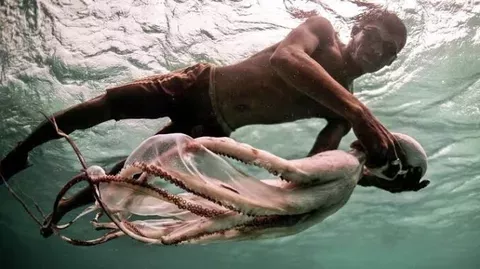
The Bajau people, commonly known as the "Sea Nomads" or "Sea Gypsies," constitute a fascinating ethnic group residing in Southeast Asia, particularly in the waters of Indonesia, Malaysia , and the Philippines. What distinguishes them is their extraordinary affinity with the sea, spending a significant portion of their lives submerged. Here, we delve into key aspects of their distinctive way of life and survival methods.
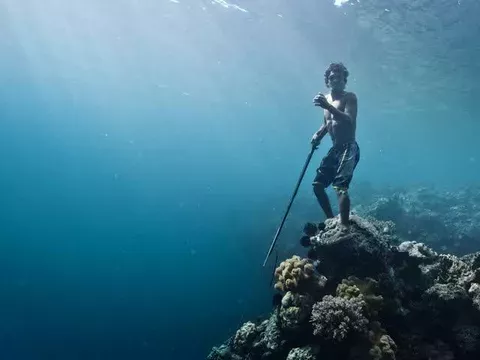
Renowned for their exceptional free-diving prowess, the Bajau commence apnea training from a young age, enabling them to plunge to remarkable depths without the aid of modern diving gear . This skill proves vital as their sustenance relies heavily on spearfishing. Their underwater pursuits can endure minutes, showcasing developed lung capacity and efficient oxygen utilization techniques.
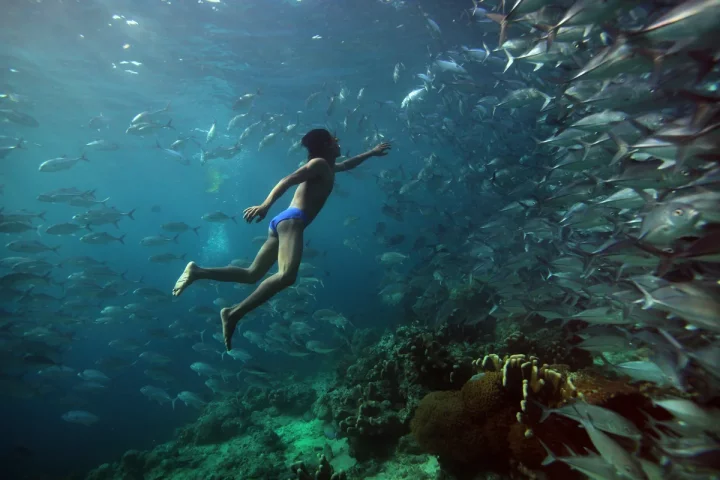
After centuries of diving, researchers have discovered the modern-day Bajau fishermen have adapted to their environment and evolved an enlarged spleen. The larger spleen gives their bodies the ability to hold additional oxygenated red blood cells, allowing them to stay underwater at length. The sea-faring life is deeply embedded in the Bajau people, and one could say the sea is a natural extension of their lives. The waters they inhabit are more than a resource to the Bajau; it is where they find comfort and solace while peacefully coexisting with nature.
Their dwellings, termed "lepa-lepa" or "stilt houses," are often constructed along the water's edge, providing seamless access to the sea. This lifestyle fosters a close connection with the marine environment.
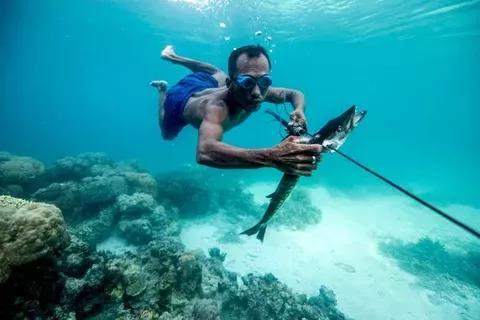
The Bajau exhibit a profound understanding of marine ecosystems, encompassing knowledge of tides, currents, and marine life behaviors. Passed down through generations, this forms a unique ecological wisdom, contributing to their harmonious coexistence with the sea

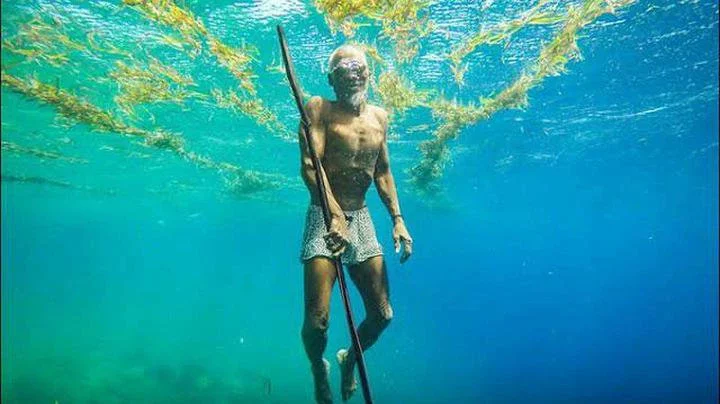






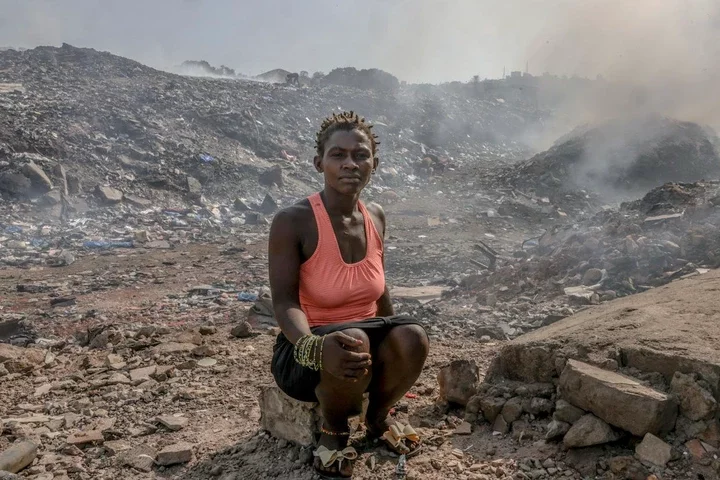





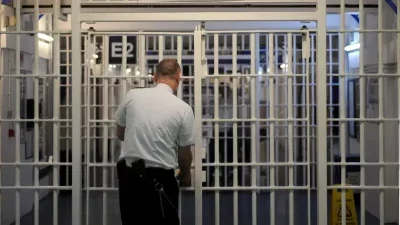


Comments